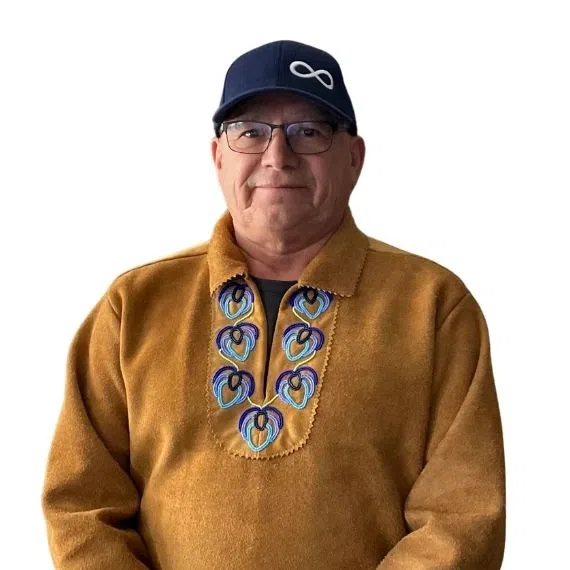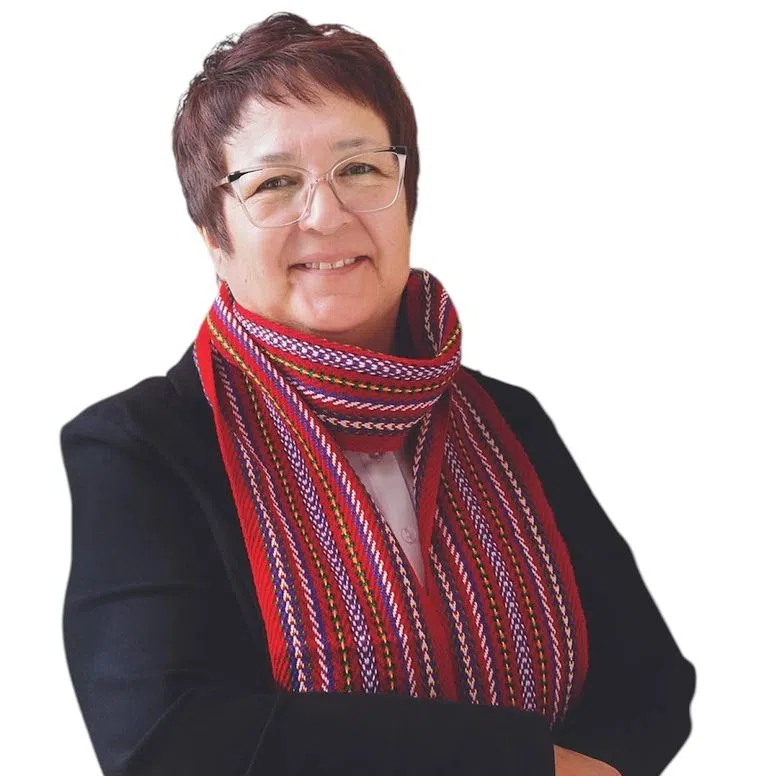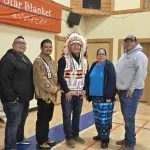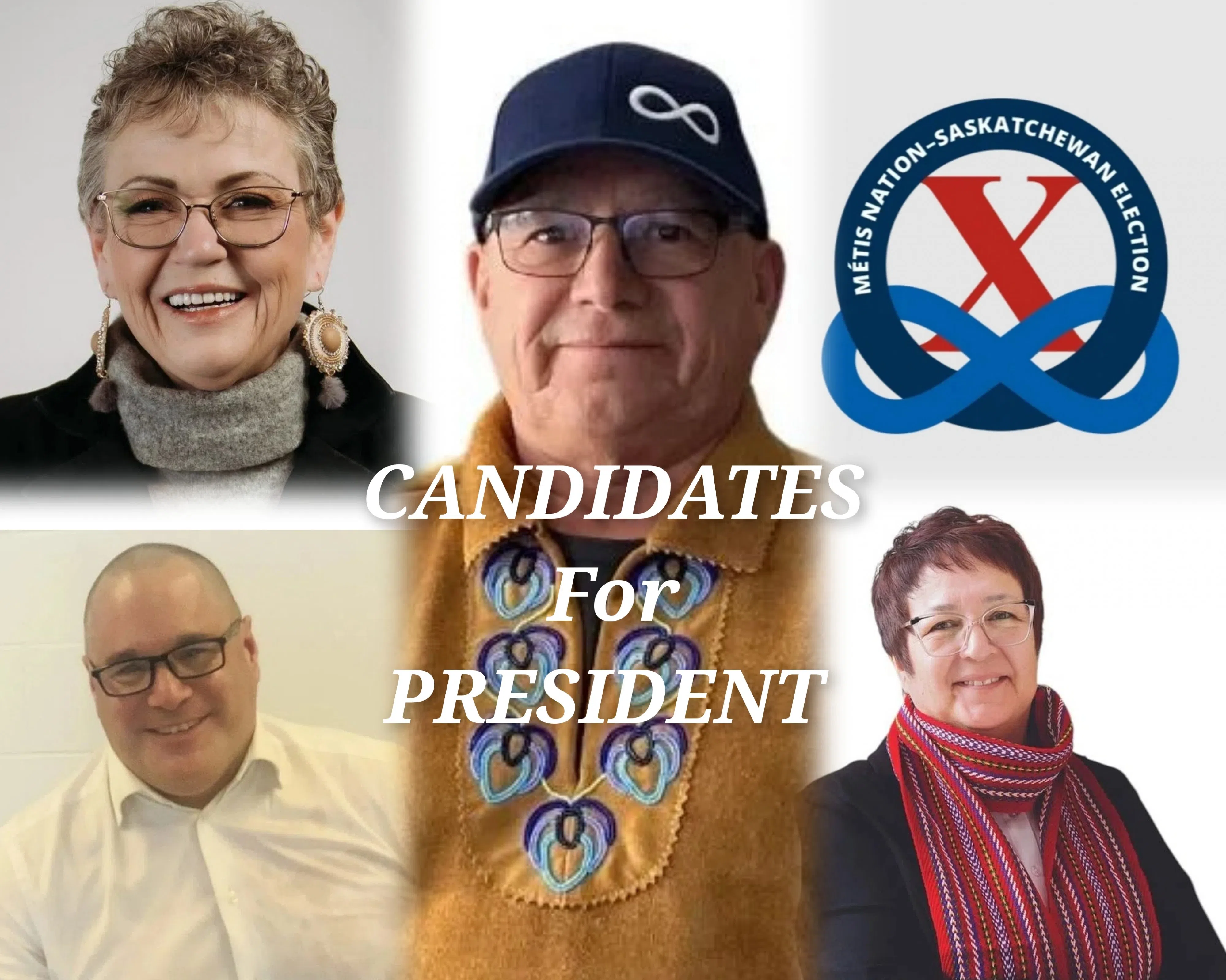
Presidential candidates share their thoughts
EFN Media’s coverage of the Métis Nation-Saskatchewan (MN-S) 2025 General Election, we spoke with the candidates for President to learn more about their background, motivations for running, and the biggest issues facing the MN-S.
Here are the candidates in alphabetical order
Editor’s Note: Candidate Naz Chalifoux did not respond to multiple requests for an interview.
Kevin Henry (voteforkevinhenry.com)
Henry is a former healthcare professional in nursing, who has recently worked with the MN-S western region 2 and the BC Métis Federation to help deliver COVID relief funds. He has also been a consultant with Morris Interactive, and has education from the University of Saskatchewan, Gabriel Dumont Institute, and Saskatchewan Polytechnic (formerly SIAST).
Why are you running for MN-S President?
It’s time to get back to authentic Métis representation. From what I’ve seen over the last eight years, there’s some good things the administration had done, but it’s also gone sideways. Lots of that has to do with our culture, identity, and language. I also think it’s time we talked about exoneration. If we’re going to talk about Truth and Reconciliation, I think (exoneration) is a key factor in this. I think it’s a good way to build a healthier relationship with provincial and federal governments, if there was serious discussions about exoneration, that clears that way for a lot of other things. It shows that we’re trying to build a bridge and close a gap with the federal government, and maybe that opens up an easier path with our land title claims, our Section-35 rights, and even our new national Métis accord that will have be renegotiated.
What are the most important issues currently for the MN-S?
We have three major issues, all with serious litigation behind it. Our North West land title agreement, our Section-3 hunting, fishing rights – those are the two major ones. Then you’re looking at the third one, which is why did we leave the Métis National Council? We need a body that helps us negotiate a new national Métis accord.
Our second level of priorities is getting back to culture, and making sure our Michif language is protected. We need to put more money in our education, teaching our culture and language in our school system, and investing money at that level.
I think we also need to get back to connecting with actual Métis families. Two of my strategies are a youth sport culture initiative where families can apply for funding for (sports, arts, culture). And I want to bring in an emergency assistance program like I developed in BC, because I believe that’s really important for a lot of our Elders who have to choose between paying for their medications or if they can eat. I think if we do a holistic approach where we give families a reason to stay involved with MN-S from a young age right up until they’re Elders, it will keep our community engagement strong throughout their lives and will make them feel like they belong to something, and we’re there to support them.
Why should voters consider you for MN-S President?
I think the biggest reason to consider myself is because I’m no different than the people voting. I’m a single father who has put one daughter through university, I have two sons who play hockey and all the costs associated with it, and I have one daughter in high school. I can really relate to people because I’m no different from the voters. I come from the same hardworking background, I understand the issues very well, and I strongly feel that I’m the candidate who will relate to people at the grassroots level most. I will understand why we need to create capacity through our regions and local, and try to get funding out to these areas so families can get support.
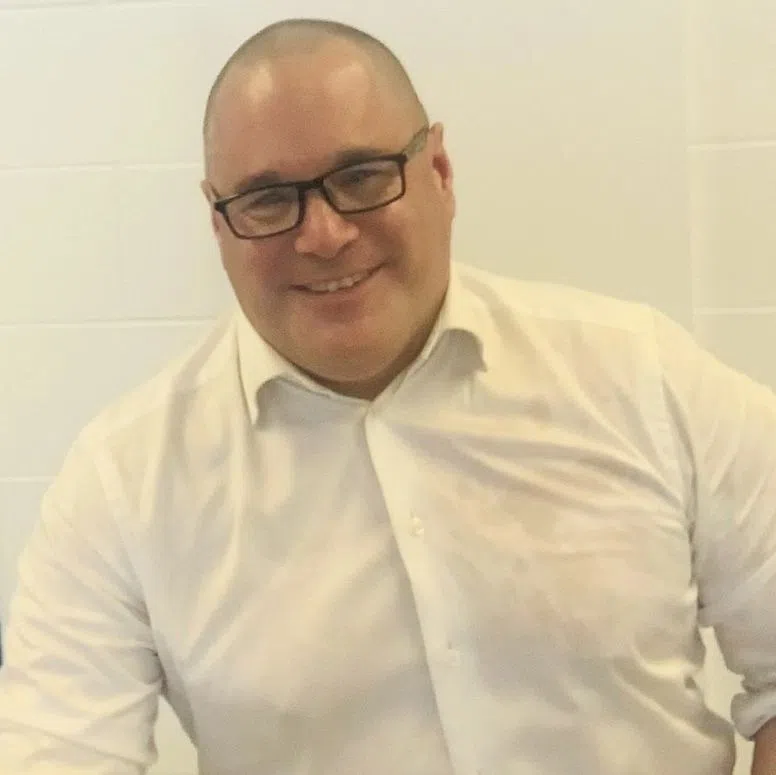
Bonnie Marwood (instagram: bonniemarwoodmnspres)
Marwood is an educator who has taught Indigenous Health and Wellness, Indigenous Property Law at the University of Saskatchewan. She previously was a school teacher at a K-12 school, and has degrees in education and law.
Why are you running for MN-S President?
I see our culture in the nation has become one of silence. When you work there, if you speak up, you don’t have a job long. We have a culture of silence. When I say I’m about transparency, I want our Métis Nation Legislative Assembly meetings, our Provincial Métis Council meetings, everything to be on camera. I want absolute transparency. I want our salaries posted. And I want us to have an Elders council.
It’s also essential we let the locals run the government. Right now we have a President and CEO that run everything, and it filters down. They tell the people what they will be doing. It should be the reverse: the people should be telling us what they want, and President should be making those things happen. Because the nation is so diverse. We need someone to bring all these people together, and say we need to focus on what’s important, like negotiating our treaty with the government. The will of the people is what needs to be heard, and we need to go back to that. We need to go back to basics.
What are the most important issues currently for the MN-S?
Citizenship. We need a registry audit. They’ve given out cards to people who aren’t Métis, which is a problem. And we need a financial audit in a big way. Let’s see exactly where we’re at, what’s been spent and how its been spent. And go form there
Why should voters consider you for MN-S President?
I’m actually doing it for the right reasons. I’ve quit my job to do this, I’m running on nothing – I don’t have MN-S dollars behind me. You won’t see my name on big billboards.
On both sides of my dad’s family, Andrew Spence, was the one who went and got Louis Riel from the States and said ‘Yeah we need him’. And then on my dad’s mother’s side, at the Sayer Trials, he was the first fellow who fought the government and got the right to trade furs with his Indigenous relatives. So my family has been fighting the Canadian government forever, and I realize it’s a passion that seems to run through the family line.
For three years, I heard ‘I can’t afford medication and groceries, I can’t afford to stay in my home’. We’ve lost the dedication to one another. Being Métis is about taking care of one another, and we’ve kind of lost that. I have concerns about this treaty. If people don’t get out and vote, we’ll lose our ability to govern our nation. I don’t think we have time to sit back and have another four years of in fighting, it has to stop.
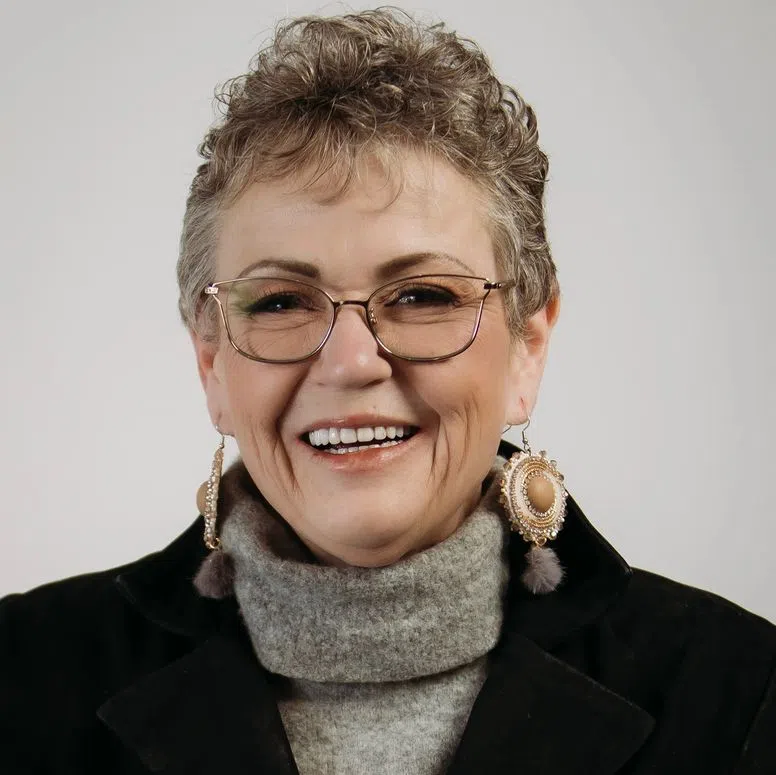
Glen McCallum (reelectglen.ca)
McCallum has been MN-S President since being elected in 2017. He has also served the MN-S as area director for northern region 3. Previous to that, he worked in addictions and recovery programs, helping to establish the Recovery Lake program near Pinehouse, and the Building a Nation Family Healing Centre.
Why are you running for re-election?
I always say the heartbeat of our government is the registry. If you look at the registry in regards to how it’s grown in the last two terms – the agreements we signed with the federal government, the provincial government working with us, industry working with us, the U of S working with us – it really brings out people that haven’t been involved, the silent majority that have been out there. I see that growing and they’re really excited with what they’re seeing.
My wife and I traveled the province and made a decision it’s not time to leave now. It’s time to keep establishing the strong foundation called governance and to be able to have our people know we are different, we can be different, we can be more accountable and transparent and engaged. Within the last eight years, we’ve shown people I can lead, and more importantly, make them understand and believe what good hard work will yield. We’ve done a lot with education and first-time homebuyers program, Métis child and family services, and the list goes on. That’s the main reason why I want to run is to continue this momentum we have as a Métis government.
What are the most important issues currently for the MN-S?
I can say before it was everything under the sun. We didn’t have anything going on. Funding was cut from the federal government. We didn’t have a relationship with the province, and our people were not sure in regards to where we were going.
To me there are two (main issues). We have all the other parts working well. It’s education and economic development. If you take a look at people when they talk about Reconciliation, I’ve always said Reconciliation is a weasel word where people like using it, have a good meeting and everyone goes home and does nothing about it. I’ve said it’s not on the shoulders of the feds or province or industry or institutions, it’s on us. So when we talk about Reconciliation, we’re talking about how can we strengthen the base, which is our citizens. How can we make them believe there’s an opportunity for them. Through education there’s thousands of post secondary students who are going to contribute to the wellbeing of the province, but more importantly, not caught up in incarceration, gangs, drugs, alcohol, and social assistance. We’re actually building something, that’s real Reconciliation – to be able to support our people in that way. To be able to be in the workplace, start their own businesses, and that’s where education complements economic development, so both of those go hand in hand.
Why should voters consider you for re-election for MN-S President?
My wife and I engage with the province, we visit, we know the stories and smiles that our citizens have in regards to their kids being in school, or people capitalizing on opportunities, on economic development, first-time homebuyers. The list goes on. All of those things are not just because of Glen running, it’s because of the track record and what we’ve done. And I’ll always compliment the staff we have, they are key to success. I can’t do it by myself.
We have great connections, those are things I don’t want to lose and I think the citizens of our province realize that and realize that we have to keep this momentum. I think they will back a leader that is willing to go that extra mile, and to be able to continue nurturing the longer relationships that we’ve built so we don’t regress backwards.
Taxpayers of Canada need to know that the MN-S is accountable transparent, and open to suggestions in regards to how we can better this place called Canada. Non-Indigenous people, First Nations people, and Métis people need to work together and create this strong voice and support each other in regards to the best interests of our province and Canada.
